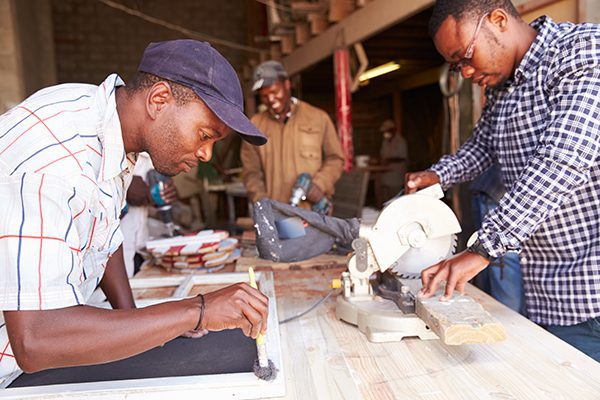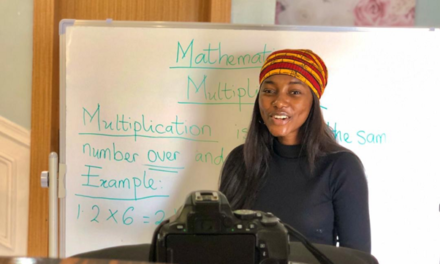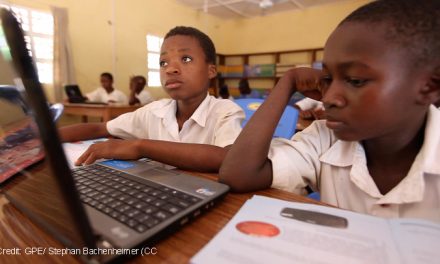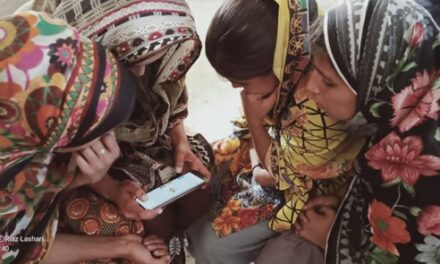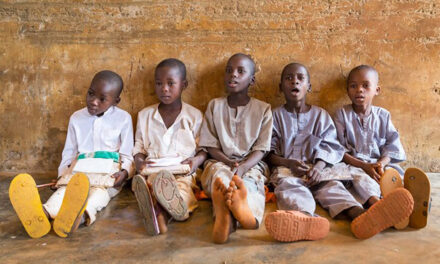Interview on sub-theme: Developing Capabilities for Sustainable Livelihoods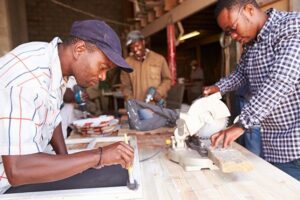
Interview with Bronwen Magrath and Rebecca Hughes, co-convenors for sub-theme on Developing Capabilities for Sustainable Livelihoods
What excites you both about this theme?
What interests us is the way(s) in which learners’ aspirations for their future work and lives are shaped by their experience(s) within their community and their experiences of education. How can we support them to aspire to and realise better lives, in terms of both their own subjective view of their well-being and in terms of more objective measures? What’s exciting is getting beyond narrow notions of employability/productivism to focus more on sustainability and work/lives (‘livelihoods’ in the theme title).
The theme of developing capabilities for sustainable livelihoods is exciting because it responds strongly to the emphasis in the Sustainable Development Goals (SDGs) on the connections between education and other development priorities. It also provides an opportunity to consider how what is taught in education can be instrumental in delivering progress in other areas – from protecting the environment, to reducing conflict and promoting gender equality.
The core idea of exploring ‘adaptive strategies for sustainable livelihoods’ and how to help make these strategies a reality in the classrooms around the globe is exciting and helps to freshen our thinking. The ‘employability’ meme has perhaps had its day? It is based on a linear model of transition to a stable work environment that may not be a reality for any of us in future.
What are the gaps in knowledge that this theme can address?
The Return on Investment (RoI) of linking livelihoods and curriculum needs to be explored in a variety of contrasting contexts, and through more diverse lenses than it tends to be. We can’t talk about work without thinking about its multidimensional sustainability at the individual, community, national and global levels. Crucial to us is that the theme has sustainable and capabilities in the title – this insists a breadth of vision that encompasses the economic but goes far beyond.
Are there any key research papers that frame your thinking on the above?
To frame our thinking, we draw on the work of Joan De Jaeghere, particularly a 2016 study linking aspirations, agency and future well-being through 4 years of longitudinal data from girls in a technical and vocational school in rural Tanzania; and an earlier work (De Jaeghere and Baxter, 2014) that uses a capability lens to interrogate the assumption that entrepreneurship programmes focussed on job creation can be conflated with those designed to alleviate poverty. For a ‘higher level’ critique of dominant discourse on economic growth and paid work, we are influenced by Andersons’ work on productivism, vocational and professional education.
How does this link to the overall 2017 conference theme of learning and teaching for sustainable development?
The theme of developing capabilities for sustainable livelihoods speaks directly to the overarching conference focus on what should be taught and how different voices are and can be heard in the related debates around how sustainability is defined, what capabilities are needed, and what curricular content should be prioritised to build these capabilities.
The theme is particularly open to inputs from experiences across all education phases and settings – including lifelong learning and non-formal settings.

